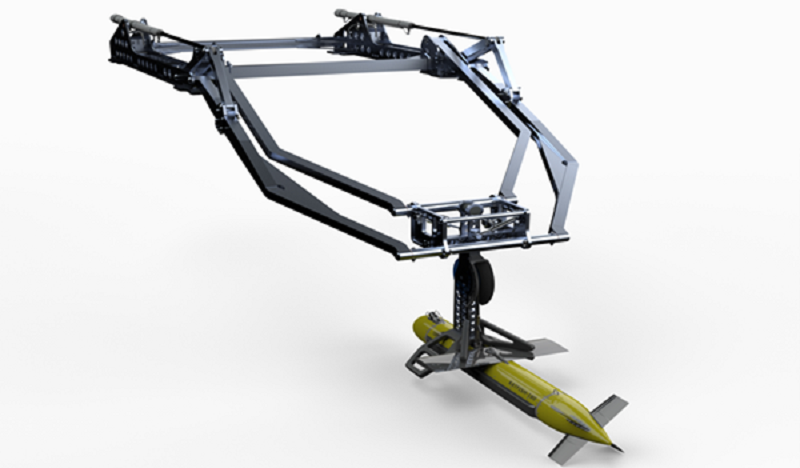
Kraken Robotics has signed a $36m contract with the Danish Ministry of Defence, Acquisition and Logistics Organization (DALO) for mine-hunting sonar equipment.
As per the contract, the company will provide its KATFISH towed Synthetic Aperture Sonar, Tentacle Winch and Autonomous Launch and Recovery System (ALARS).
The minehunting system will be integrated on the optionally unmanned surface vessels of the Royal Danish Navy.
Kraken president and CEO Karl Kenny said: “We are looking forward to a long-term relationship with the Danish Navy.
“As part of its commitment to Denmark, Kraken will be expanding its European presence with the establishment of a new Danish Centre of Excellence in Mine Counter Measures.
“This new operation will not only conduct research and development to further improve the capabilities of Kraken’s world-class MCM solutions but will also be able to offer local technical support for Danish customers.
“Kraken’s new Danish operation will also engage with local Danish companies, universities and technical institutes, ensuring a long-term benefit to Danish technical development.”
Separately, Kraken Robotics signed a contract on 1 September to deliver minehunting systems to the Polish Navy.
Kraken will deliver its KATFISH towed Synthetic Aperture Sonar, Tentacle Winch and ALARS in the second half of next year.
The equipment will be integrated on the new KORMORAN II Mine CounterMeasure (MCMV) vessels of Polish Navy in Gdansk, Poland.
In December 2018, KATFISH Synthetic Aperture Sonar (SAS) towed system finished a series of rigorous sea tests with Elbit Systems’ Seagull unmanned surface vessel (USV).



